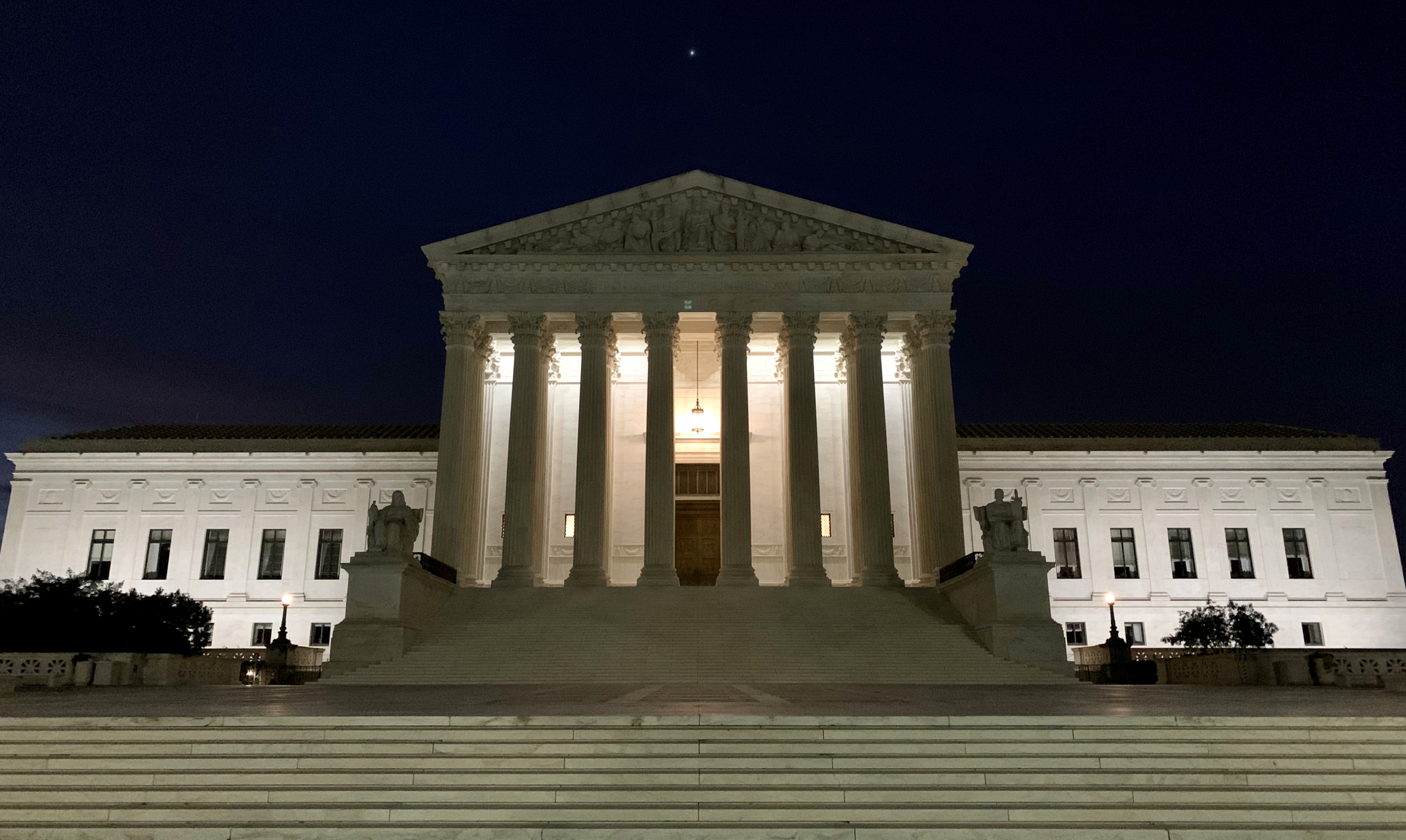Last week, just two days after hearing oral argument, and without issuing an opinion, the Fifth Circuit stayed a district court order blocking enforcement of HB 20, Texas’s social media speech regulation—which means the law is now in effect, during litigation over its constitutionality. This startingly radical move placed in a terrible bind the social media services whose products HB 20 would destroy. Accordingly, the services immediately sought emergency relief from the Supreme Court. Last night, TechFreedom filed an amicus brief in support of their effort.
“You’ll love HB 20—if you want to glorify terrorism, spread sexually suggestive pictures of kids, celebrate the Third Reich, encourage teen self-harm, or witness cruelty to animals,” said Corbin K. Barthold, Director of Appellate Litigation at TechFreedom. “Otherwise, not so much. With only very narrow exceptions, HB 20 bans the major social media services from taking any action against material based on ‘viewpoint.’ Almost all content expresses a ‘viewpoint’ of some sort. Allow any mention of terrorism, for instance, and now you’ve got to let ISIS on board. The only way to comply with HB 20 (aside, perhaps, from turning social media into Sesame Street) is by all but ceasing to moderate content—or even to offer parental control tools. That, however, would put the services at risk of spreading tons of criminal speech. So the services are in an impossible bind.”
“No one—no lawyer, not judge, no expert in the field; not even the law’s own sponsors—knows what compliance with this law looks like,” Barthold continued. “Indeed, HB 20 is designed to generate as much litigation as possible. Any social media user in Texas may sue to undo any act of content moderation. Each lawsuit will contend that the real basis for the content moderation was the poster’s ‘viewpoint.’ Take a ban on beheading videos. Is that a viewpoint-neutral policy against a certain type of content? Or is it at heart a viewpoint-based anti-ISIS rule? Such questions are infinite, and, under HB 20, they’ll be litigated.”
“If HB 20 is left to stand,” Barthold concluded, “this much is clear: it will end with the Internet fragmenting into a patchwork of different state-by-state experiences. The unraveling could begin in earnest as soon as people file lawsuits under HB 20—which they could start doing today. It’s urgent that the Supreme Court step in and head off the madness.”
TechFreedom is deeply grateful to Mark W. Brennan, J. Ryan Thompson, Jonathan O. Hirsch, and Yanni Chen of Hogan Lovells US LLP for their pro bono work drafting TechFreedom’s brief.
###
We can be reached for comment at media@techfreedom.org. See our related work:
- Our Fifth Circuit brief, in this case, critiquing HB 20’s common carriage theory (April 8, 2022)
- Social Media “Transparency” as First Amendment Violation, Tech Policy Podcast #315 (March 24, 2022)
- Government Is Not Conservatives’ Social Media Friend, The American Spectator (Dec. 19, 2021)
- Social Media and Common Carriage: Lessons From the Litigation Over Florida’s SB 7072, WLF Legal Backgrounder (Sept. 24, 2021)
- Why Is the Republican Party Obsessed With Social Media?, Techdirt (Aug. 17, 2021)
- Trading Big Tech For Big Government Will Backfire For Conservatives, Daily Caller (June 2, 2021)
- Justice Thomas’s Misguided Concurrence on Platform Regulation, Lawfare (Apr. 14, 2021)
- It Is Not the Government’s Job to Promote ‘Fairness’ Online, Salt Lake Tribune (Apr. 9, 2021)
- Debate: Social Media, Free Speech, and Section 230, Federalist Society (Apr. 2, 2021)
- Florida’s History of Challenging the First Amendment Shows DeSantis’ ‘Tech Transparency’ Bill is Doomed, Miami Herald (March 25, 2021)
- No, Florida Can’t Regulate Online Speech, Lawfare (Mar. 12, 2021)
- The Wall Street Journal Misreads Section 230 and the First Amendment, Lawfare (Feb. 3, 2021)
About TechFreedom:
TechFreedom is a non-profit, non-partisan technology policy think tank. We work to chart a path forward for policymakers towards a bright future where technology enhances freedom, and freedom enhances technology.

